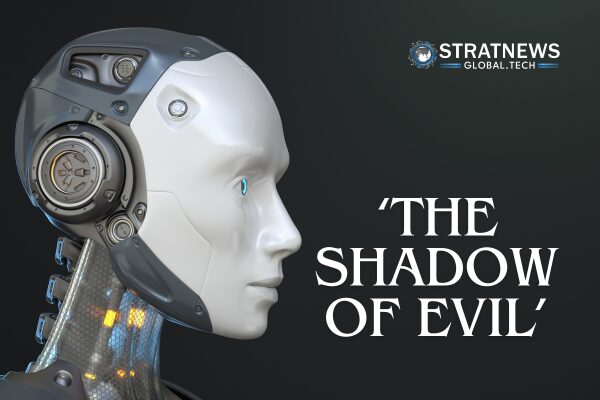The Vatican: AI’s Potential to Spread Misinformation Raises Alarm
The Vatican has called on governments to closely monitor the rapid development of artificial intelligence (AI), warning of its potential to spread misinformation and destabilise society. In a document titled Antica et nova (Ancient and New), two Vatican departments, with approval from Pope Francis, stressed that AI-generated fake media could “undermine the foundations of society.”
The document emphasised that misinformation—especially when amplified by AI-driven tools—can unintentionally fuel political polarisation and social unrest. It urged the creation of regulatory frameworks to address these risks and promote ethical AI use.
Pope Francis: A Leading Voice on AI Ethics
Pope Francis, who has prioritised ethical concerns surrounding technology, has repeatedly addressed AI’s societal impacts. At the 2023 G7 summit in Italy, he cautioned against allowing algorithms to dictate human decisions. Last week, in a message to the World Economic Forum (WEF) in Davos, he warned world leaders about AI’s “critical concerns” for humanity’s future.
The pope’s consistent advocacy highlights the need for ethical AI development that respects human dignity, safeguards truth, and avoids harmful consequences.
AI’s Impacts Across Key Sectors
The Vatican’s Antica et nova document explored how AI is influencing areas such as the labour market, healthcare, and education. While acknowledging the potential benefits of AI, it also noted the moral dilemmas posed by its misuse. “As in all areas where humans are called to make decisions, the shadow of evil also looms here,” the document stated.
The Vatican urged governments and developers to ensure that AI aligns with ethical principles, focusing on how the technology is directed and applied to serve the common good.
With inputs from Reuters


